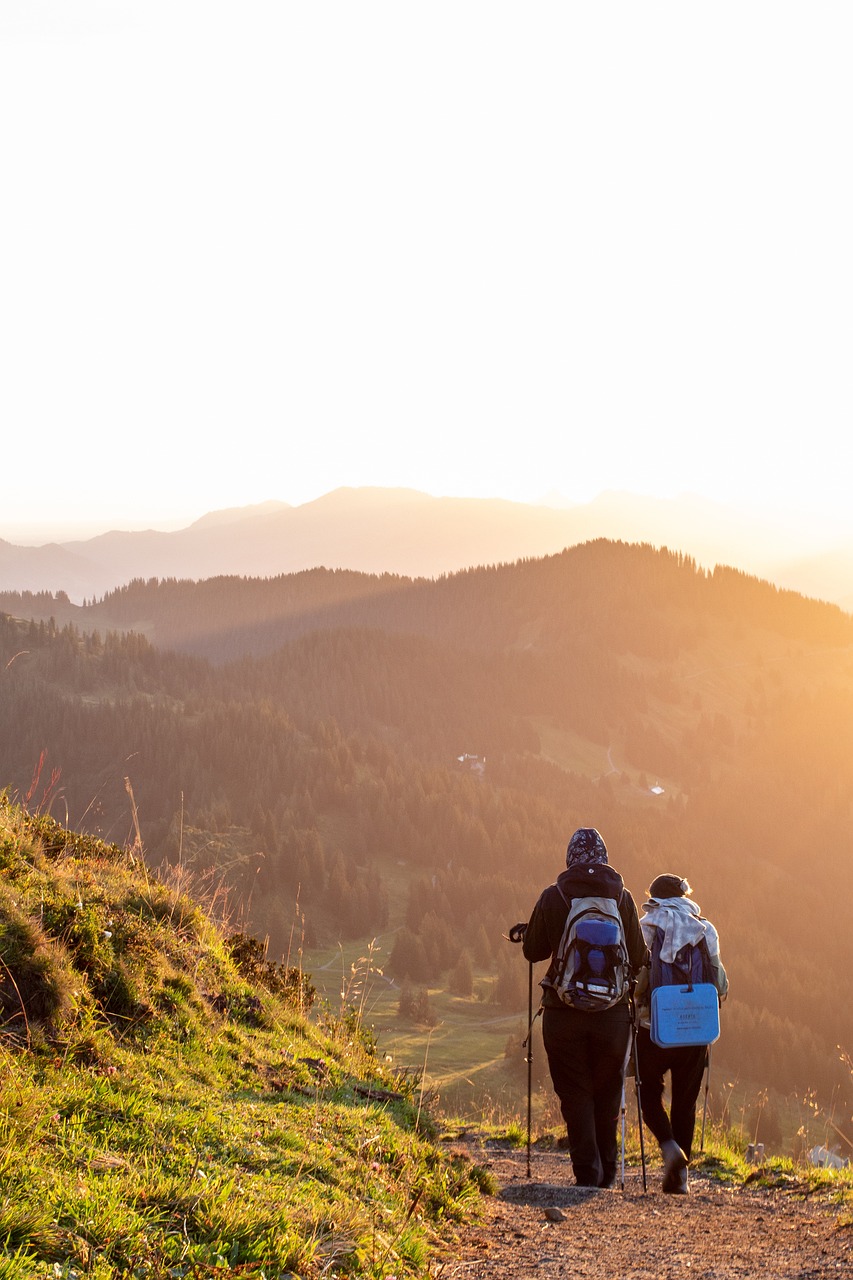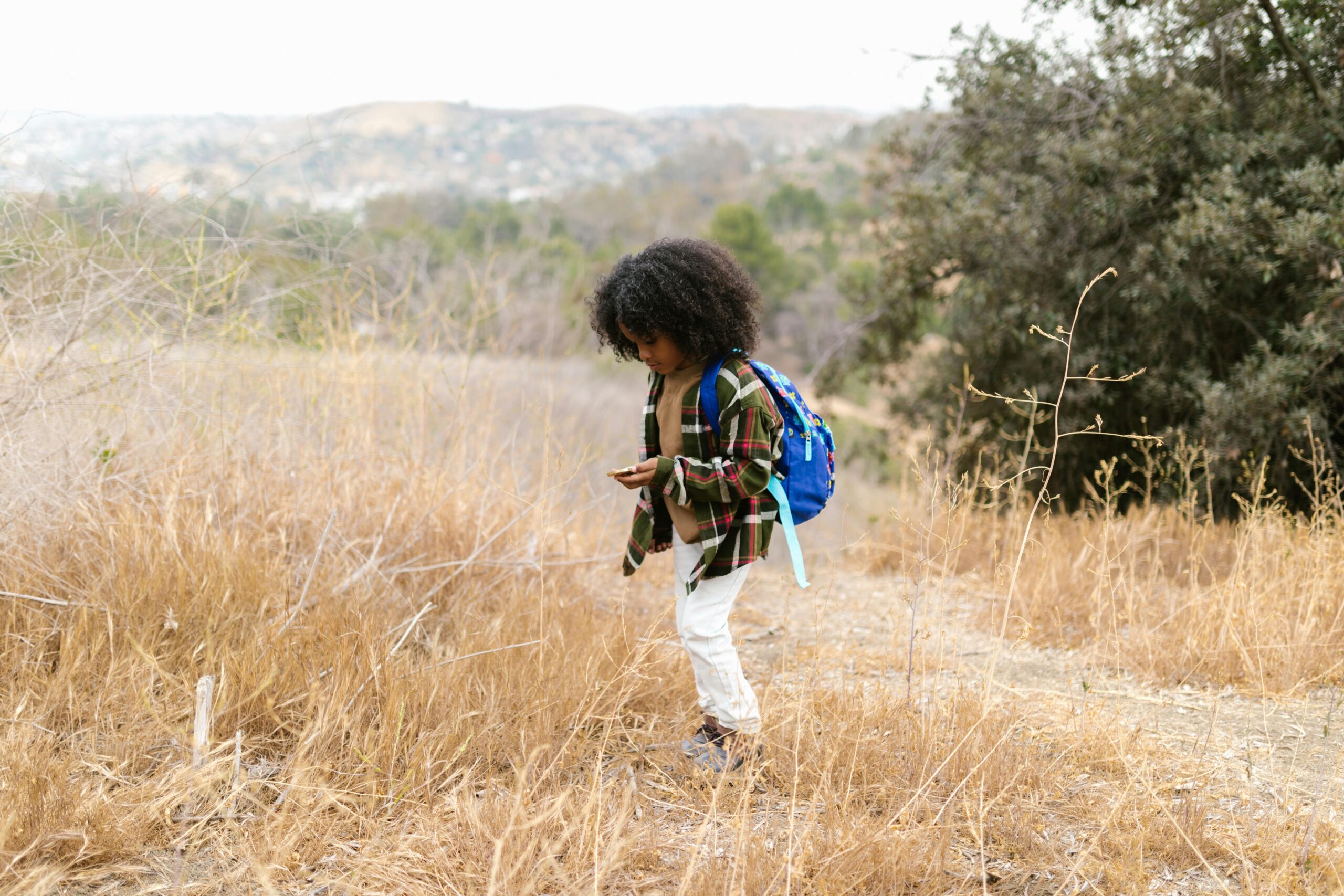Hiking is a wonderful way to connect with nature, improve your fitness, and explore new landscapes. However, if you’re new to hiking, it’s important to prepare properly to ensure a safe and enjoyable experience. These beginner hiking tips cover everything from planning your first trail to staying safe and comfortable on your journey.
1. Start Small and Build Up
When you’re just starting out, choose shorter and easier trails to match your fitness level and experience.
- Look for Beginner Trails: Trails with less elevation gain and a well-marked path are ideal.
- Progress Gradually: As you gain confidence and endurance, try longer hikes or those with more challenging terrain.
- Trail Suggestions: Apps like AllTrails can help you find beginner-friendly hikes in your area.
2. Plan Your Hike
Proper planning is crucial for a successful hike.
- Research the Trail: Check the trail map, reviews, and difficulty level.
- Know the Weather: Always check the forecast and prepare for unexpected changes.
- Time Your Hike: Start early to allow plenty of daylight to complete your hike.
- Inform Someone: Let a friend or family member know your hiking plan and expected return time.
3. Dress for the Trail
Wearing the right clothing ensures comfort and protection from the elements.
- Layer Up: Use moisture-wicking base layers, an insulating mid-layer, and a waterproof outer layer.
- Proper Footwear: Invest in hiking boots or trail shoes with good grip and ankle support.
- Accessories: Wear a hat, sunglasses, and sunscreen for sun protection.
4. Pack the Essentials
Always carry the 10 Hiking Essentials to stay prepared:
- Navigation tools (map, compass, or GPS).
- First aid kit.
- Extra water and a water filter.
- Snacks or lightweight meals.
- Fire starter (matches or lighter).
- Emergency shelter (space blanket or tarp).
- Knife or multi-tool.
- Extra clothing layers.
- Sun protection (hat, sunscreen, sunglasses).
- Headlamp or flashlight with extra batteries.
5. Stay Hydrated and Fueled
- Bring Enough Water: Carry at least 1 liter of water for every 2 hours of hiking.
- Snacks for Energy: Pack lightweight, high-energy snacks like trail mix, granola bars, or jerky.
- Avoid Dehydration: Sip water regularly, even if you don’t feel thirsty.
6. Learn Basic Trail Etiquette
Being respectful on the trail ensures a better experience for everyone.
- Yield to Others: Step aside for uphill hikers or larger groups.
- Stay on the Trail: Avoid damaging plants or creating new paths.
- Pack It In, Pack It Out: Carry all trash with you, including food wrappers and tissues.
- Respect Wildlife: Observe animals from a distance and never feed them.
7. Pace Yourself
- Go Slow: Hiking isn’t a race; take breaks as needed.
- Listen to Your Body: If you’re feeling tired, stop and rest to avoid overexertion.
- Enjoy the Scenery: Use the opportunity to appreciate nature, take photos, or just relax.
8. Use Hiking Gear Wisely
Having the right gear can enhance your experience:
- Backpack: Choose a lightweight daypack with adjustable straps.
- Trekking Poles: These help reduce strain on your knees and provide stability.
- Hiking Apps: Use apps like AllTrails or Gaia GPS to navigate and track your hike.
9. Prepare for Emergencies
It’s essential to be ready for unexpected situations.
- Know the Area: Study the trail map and know the landmarks.
- Carry a First Aid Kit: Include items like bandages, antiseptic wipes, and pain relievers.
- Have an Emergency Plan: If you get lost, stay calm, stay put, and signal for help using a whistle or bright-colored clothing.
10. End on a High Note
- Stretch After Your Hike: Cool down to prevent soreness.
- Celebrate Your Achievement: Share your experience with friends or post your trail photos.
- Reflect and Plan: Use what you learned to prepare for your next hike.
Frequently Asked Questions About Hiking for Beginners
How Do I Choose My First Trail?
Look for well-marked trails under 3 miles with minimal elevation gain. State parks often have great options for beginners.
What Should I Wear for Hiking?
Wear moisture-wicking clothing, sturdy hiking boots, and layers that you can add or remove based on the weather.
Do I Need a Guide for My First Hike?
Not necessarily. Research your trail thoroughly and stick to well-maintained paths. Apps like AllTrails can guide you if you’re uncertain.
Conclusion
Hiking is a rewarding and accessible activity for beginners. With proper planning, the right gear, and a positive mindset, you’ll soon discover the joys of exploring the outdoors. Start small, stay safe, and let each hike build your confidence for future adventures.
Call to Action:
Ready to hit the trail? Share your first hiking experience or ask questions in the comments below! Don’t forget to subscribe for more beginner hiking tips and trail guides.




Leave a Reply